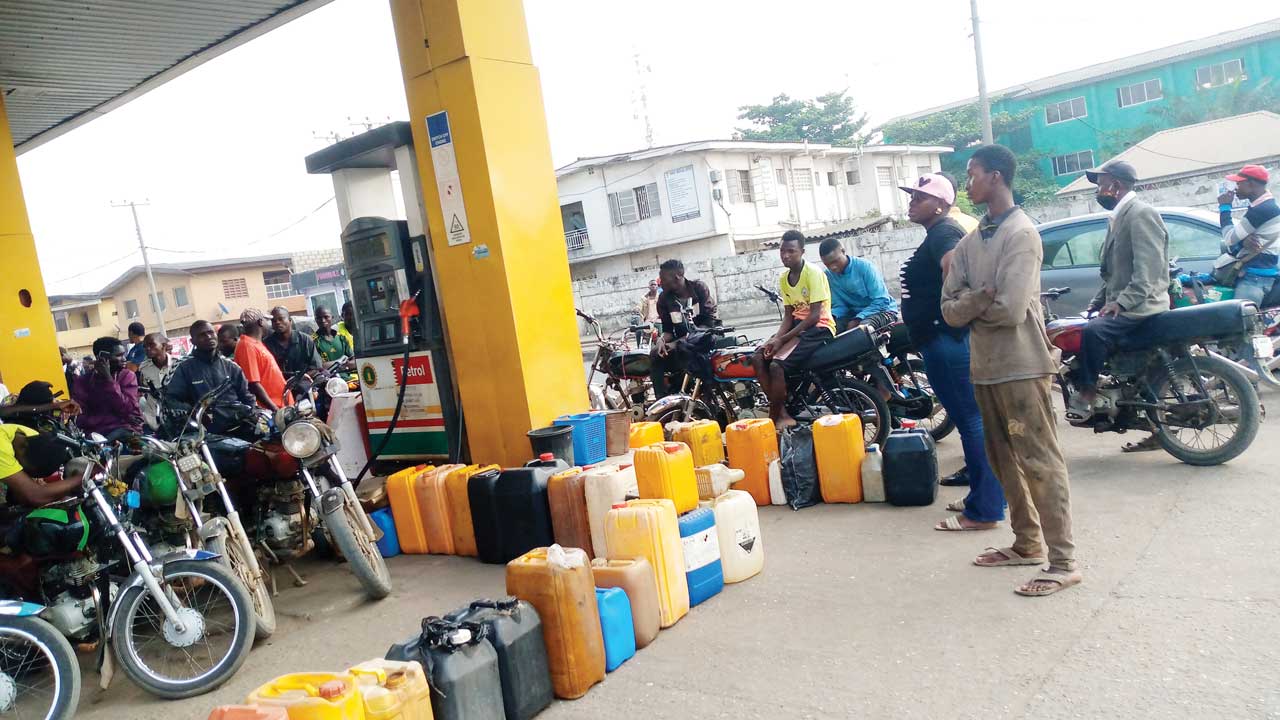TRANSPARENCY International has furnished the world with fresh evidence that despite the avowal by the President, Major General Muhammadu Buhari (retd.), corruption is still waxing strong in Nigeria. In its newly released 2022 Corruption Perception Index, TI ranks Nigeria among the most corrupt jurisdictions in the world. That dire rating is not surprising. It sends the signal that the anti-graft fight by the Buhari regime has lost steam.
Though Nigeria has moved up four places in the latest index, it did not improve on its previous year’s points. While it maintained a score of 24 out of 100 points in the 2021 assessment, Nigeria’s position went up to 150th in the new index compared to its 154th position out of 180 countries assessed in the rankings. TI scores and ranks countries based on how experts and business executives perceive that country’s public sector.
“There has been no change in country scoring between 2021 and 2022. In the country comparison for the 2022 CPI, Nigeria ranks 150 out of 180 countries compared to 154 on the 2021 CPI results,” the Civil Society Legislative Advocacy Centre, representing TI, said.
The report has again exposed the tenacious stranglehold of graft despite the regime’s avowed assault and the brave efforts of anti-graft agencies. Under Buhari, corruption has become a dangerous monstrosity. The suspended Accountant-General of the Federation, Idris Ahmed, allegedly stole N109 billion out of which he has returned N30 billion, according to the Economic and Financial Crimes Commission. Similarly, the N24 billion fraud case against Jonah Otunla, a former AGF, has been mired in legal delays.
The Independent Corrupt Practices and other Offences Commission says ministries, departments and agencies padded the 2021 budget to the tune of N300 billion. The padding, which they did by duplicating projects, shot the budget to N13.59 trillion, it stated. The MDAs also allegedly padded the 2022 budget with duplicated projects amounting to N100 billion. Sadly, there has been no consequences for the lawmakers and the complicit civil servants. This is aside from the N49.9 billion discovered as salaries for ‘ghost workers’ between January and June 2022.
About seven years after a federal high court sitting in Lagos ordered the prosecution of principal officers of the National Assembly indicted in the alleged N481 billion padding of the 2016 budget, not one single lawmaker and their accomplices have been arraigned. A civil society organisation, HEDA, in 2021, compiled a list of 25 top corruption cases linked with stolen or mismanaged funds worth N900 billion, which the government was investigating but had been left dormant.
The MDAs are bogged down in the mire of graft. Treasury looting is also going on unabated at the state and local government levels for which many state governors, past and present; LG bosses and other officials have been indicted.
The pardon granted to Joshua Dariye and Jolly Nyame, ex-governors of Plateau and Taraba states, respectively, a few years into their jail terms, unmasked the graft campaign as a lost cause. This has emboldened other politically exposed individuals and officials to engage in mind-boggling malfeasance.
The opacity characterising oil revenue and receipt in the country has been known to be an enabler of corruption in the oil and gas sector. Between January and July 2022, an average of 437,000 barrels of oil a day estimated at $10 billion were stolen by criminal entities and individuals who illicitly tap pipelines onshore and offshore in the Niger Delta region.
In the 2022 Basel Anti-Money Laundering Index, Nigeria was ranked high risk with a score of 6.77 out of 10, with the country being 17th out of 128 countries. A United States Department of Commerce report suggests that at least 40 per cent of all public sector procurement funds in Nigeria is lost to corruption.
The abuse and corruption surrounding the petrol subsidy regime is a sore point that the government has also failed to address properly. The House of Representatives estimates that Nigeria consumes between 40 and 45 million litres daily, but the Nigerian National Petroleum Company Limited claims it is paying subsidy on over 60 million litres per day as contained in its monthly reports to the FAAC. In part, this type of huge discrepancy explains Nigeria’s ranking in the TI index.
In addition to the Treasury Single Account of the Federal Government and whistleblower initiative, the EFCC and ICPC have recorded some victories against some corrupt elements in form of convictions, and forfeiture of ill-gotten assets, but their efforts have not dealt the death blow required to subdue the cancer of corruption gnawing away at the country’s soul.
In its assessment of the anti-graft war, the Centre for Democracy and Development notes that the President still has the tendency to condone corruption within the ruling party, the All Progressives Congress, as he “consistently turned a blind eye to malfeasance by some of his own appointees and resisted independent oversight of Nigeria’s most scandal-ridden agencies.”
The period under review coincided with the presidential primaries of the major political parties…



Connect with us on our socials: